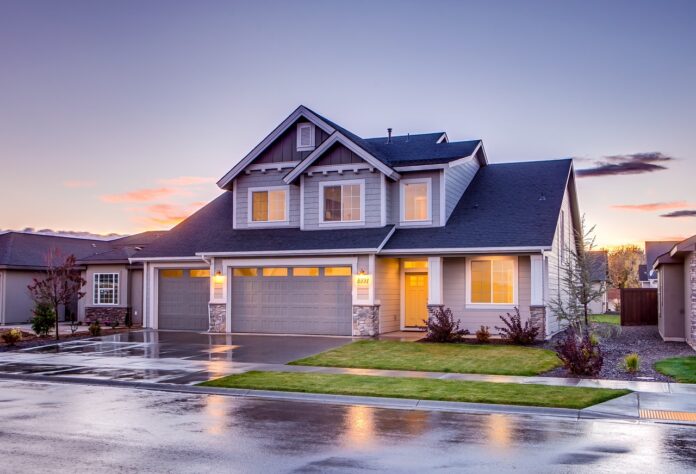Renting a property is an important decision that comes with numerous considerations, and one of the most crucial aspects is determining the duration of the lease. The length of a lease can significantly impact both landlords and tenants, as it affects financial stability, flexibility, and the overall rental experience. Whether you are a landlord or a tenant, understanding the factors that influence lease duration is vital in making an informed decision. In this blog post, we will explore the various aspects of lease length, weigh the pros and cons of short-term and long-term leases, and provide valuable insights to help you find the perfect rental agreement duration.
Short-Term Leases: Flexibility and AdaptabilityShort-term leases typically last for a few months to a year, making them ideal for tenants seeking flexibility and adaptability. Some of the primary benefits of short-term leases include:
Freedom to Move: Tenants who expect to relocate soon, whether for job opportunities, personal reasons, or other circumstances, prefer short-term leases. They have the freedom to find another rental property without being tied down by a lengthy contract.
Rent Adjustment Opportunities: With short-term leases, landlords can review and adjust the rent more frequently. This allows them to keep up with the current market conditions and make necessary adjustments to stay competitive.










